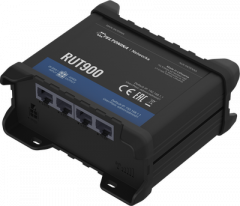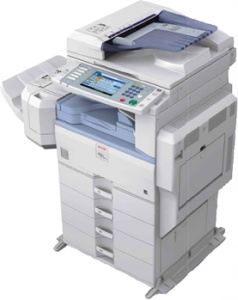RUT900 with Managed Print Services: Difference between revisions
No edit summary |
No edit summary |
||
| (One intermediate revision by the same user not shown) | |||
| Line 1: | Line 1: | ||
Managed print services provide possibilities of monitoring and controlling your printing in a manner that is both productive and economic. It also helps with the improvement of environmental sustainability and document security. | Managed print services provide possibilities of monitoring and controlling your printing in a manner that is both productive and economic. It also helps with the improvement of environmental sustainability and document security. | ||
{{Template:Networking_rut900_usecase_device_box}} | |||
__TOC__ | __TOC__ | ||
==Summary== | ==Summary== | ||
| Line 33: | Line 29: | ||
==External links== | ==External links== | ||
https://teltonika-networks.com/product/rut900/ | * https://teltonika-networks.com/product/rut900/ | ||
[[Category:RUT900 Case Studies]] | |||
Latest revision as of 13:05, 8 May 2019
Main Page > EOL Products > RUT900 > RUT900 Usage Scenarios > RUT900 Case Studies > RUT900 with Managed Print ServicesManaged print services provide possibilities of monitoring and controlling your printing in a manner that is both productive and economic. It also helps with the improvement of environmental sustainability and document security.
 |
|
Summary
Nowadays all newer business printers have a network port, so when when you put it into perspective, there millions of printing devices around the world that are IoT compatible.
Internet of Things = The Internet of Printers
Challenge
Remote monitoring of data has become an inseparable factor for things like meter readings, supplying of toner, billing, fleet management and more. Most dealers use it to reduce their business costs and increase their service efficiency.
Solution
Teltonika routers provide a possibility to connect and remotely manage all your IoT assets.
Attachments
 |
Benefits
Remote monitoring helps to swiftly identify and solve potential maintenance problems and to replenish supplies before the end user is affected.




